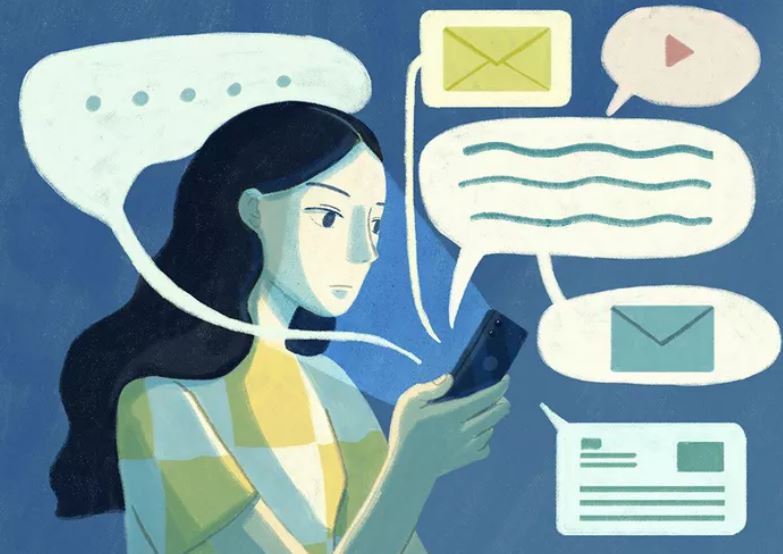
Many university students face a mental health toll due to excessive social media use. Research reveals a spectrum of issues, ranging from depression and low self-esteem to smartphone-related phobias. While not all social media effects are detrimental, studies underline the urgency of assisting those at risk of addiction.
An online survey involved 622 university students from China, Taiwan, and Malaysia. Excessive smartphone and social media usage correlated with a higher likelihood of experiencing mental health conditions. Notably, students reported heightened nomophobia (the fear of being without a smartphone) and weight-related self-stigma, where weight concerns lead to self-devaluation, including low self-esteem, diminished confidence, and negative emotions. Another study, involving 380 students from Malaysian universities, linked elevated social media use to increased levels of depression, anxiety, and stress.
The first study found that participants, on average, spent 4.8 hours daily on social media, with over 40 percent considered at-risk for social media addiction. In the second study, participants averaged 4.5 hours daily on social media, and over one-third were identified as at-risk. Youth and young adults are particularly vulnerable to social media’s impacts, given their high usage rates. However, this isn’t universally negative. Extensive research demonstrates the positive aspects of social media. It facilitates the expression of love and compassion, bolsters social networks, alleviates loneliness, and fosters a sense of belonging. It can also provide a lifeline for individuals who crave companionship but are unable to interact physically with close friends or family members, offering potential mental health benefits. Nevertheless, excessive social media use can result in emerging problems and negative mental health outcomes, particularly for adolescents. Excessive use is marked by an inability to control the urge to use social media, leading to significant time spent on it, which can impair other aspects of life, such as productivity. The Bergen Social Media Addiction Scale, a concise and effective self-report tool, measures at-risk social media addiction. A score of 24 or higher on the scale suggests social media addiction.
The key takeaway from this body of research is the importance of promoting healthy social media usage. Transparent information about the links between healthy and excessive social media use and mental health should be widely disseminated. Individuals can self-administer the Bergen Social Media Addiction Scale to gauge their usage’s potential problematic nature.
Governments can develop programs accessible in community, clinical, or self-managed settings to aid individuals in managing their social media use. Lifestyle redesign programs can assist addicted youth and adults in planning daily activities to reduce social media cravings. Seasonal and holiday camps can teach participants alternative activities to replace unnecessary social media use. Workshops on stress management and time management can be introduced, alongside cognitive-behavioural interventions to help individuals identify unhealthy social media cravings.
By implementing these measures, we can mitigate the negative mental health consequences associated with excessive social media use.